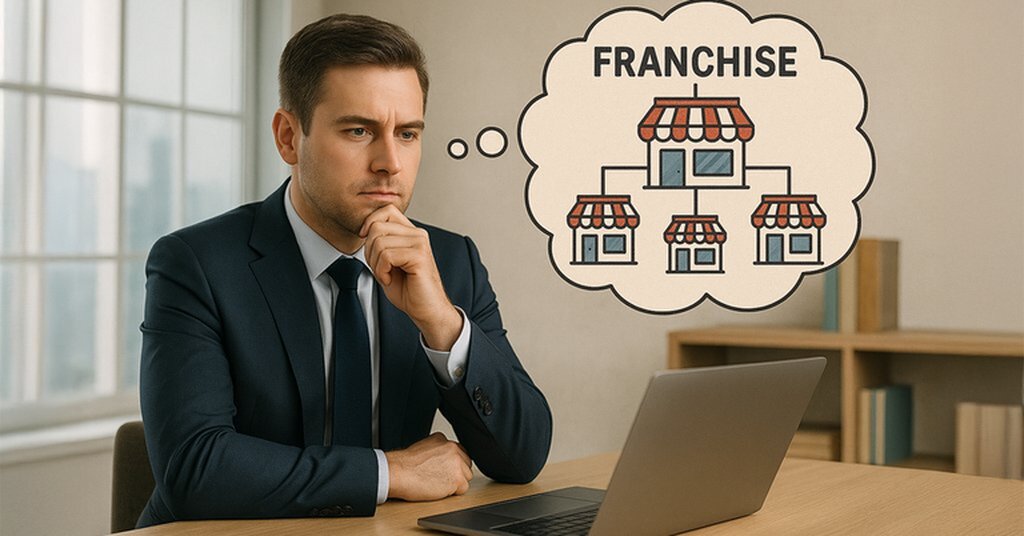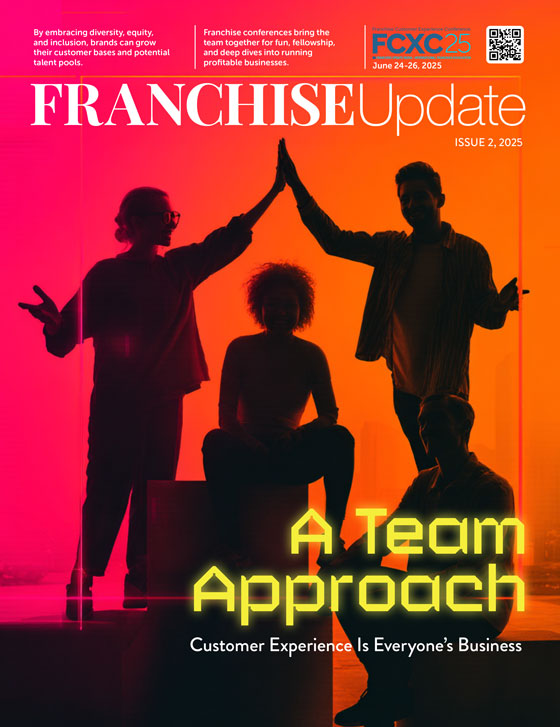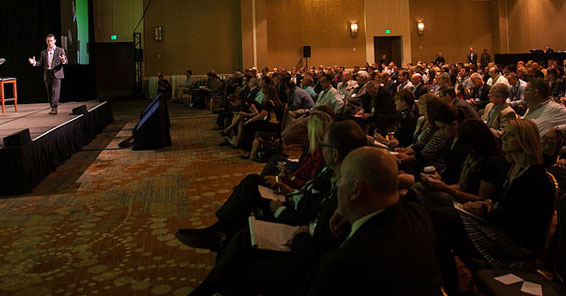Thinking of Franchising a Business? Here's why not every brand will succeed

The franchise business model has stood the test of time. Properly structured, it can help create robust, successful, and productive businesses by leveraging a brand’s efficiencies and experience.
This does not mean that every business that franchises will be successful. Practically any business can be franchised, but the threshold question of whether that business should franchise is often overlooked, especially when a founder has early success.
Even as proud advocates of the franchise business model, we aim to make sure our potential clients keep in mind:
• Not every brand will succeed by franchising. Every year, we see more companies start and stop offering franchises than become sustainable franchise systems.
• Success as a franchisor depends chiefly on the business model and also on timing, capabilities, personality, culture, industry and demographic trends, and other factors that go into considering whether a company should franchise.
We talk to business owners who want to start a franchise system. Even during our first phone call, we can sometimes tell that they are not good candidates. For others, we may help them to initially use an alternative method for growth while working to help them make the changes necessary so that they can consider franchising later on. A threshold analysis provides the crucial initial evaluation that is often the difference between a franchise system that has legs and one that fails at launch.
Shortcuts don’t work
Developing a proper franchise system takes time and a significant investment to develop the proper strategy, offering, support requirements, and legal requirements. Sustainability is the essential goal.
Companies that try to shortcut the process by using stock or template legal documents generally do not fare well. In those situations, the biggest losers are almost always the franchisees who agree to invest in the system but soon realize that either the business model is not suited for franchising or the support structures are deeply insufficient and underdeveloped. Franchisees should not be guinea pigs. A proper threshold analysis is not going to ensure success but can help identify areas that need to be addressed or might cause issues.
Threshold analysis
There are a variety of ways to conduct a threshold analysis. For brands with multiple existing locations, available data can help in the process. It’s important to identify material differences in how the existing company-owned locations operate as opposed to what the proposed franchise model would be. Any change in footprint, product or service offering, or branding should be taken into account when modeling the potential franchise system.
Broadly, we begin our evaluation by looking at the following:
- Economics of the existing business. Will it provide the necessary ROI for the targeted franchisee? Is there a margin to allow for paying a royalty, an ad fee, and other franchise-related costs while still taking money home for the franchisee?
- The profile of potential franchisees. What classes of franchisees are best suited to the system? How should each class be recruited and supported? What is their availability?
- Legal, licensing, or regulatory barriers. Is there any impact or limitation on who can be a franchisee? How does that affect recruitment?
- Consumer demand. Is the product or service a fad? A regional trend? Are we innovators or followers? Does it matter?
- Systemization. Are the business model, operations, and support structures efficient and trainable? Have we leveraged technology?
- Management capabilities. What is the franchisor management’s culture and personality, and does it fit with franchising? What are management’s short and long-term goals?
- Available capital. Emerging franchisors need available capital to design and develop the franchise offering and support requirements as well as to recruit and support franchisees until the system is self-sustainable.
Answering these initial questions means taking a deep dive into your business. The short and long-term unit economics of your existing business need to make sense both for potential franchisees in each class and for you, the franchisor. Looking honestly into your existing management structure and its capabilities and determining what gaps exist is crucial when deciding whether and how to franchise.
Understanding the competitive landscape is important. However, simply copying what your competition does is the fastest way to create a failed franchise system. It’s important to analyze and take note of what others in your industry and investment range are doing, but your brand is unique. Whether it’s your operations, your culture, your goals, or something else, your brand is not fungible with other franchise offerings. Understanding those differentiators can be the difference between success and failure.
Doing a threshold analysis won’t ensure success as a franchisor. Likewise, there are endless examples of franchisors who have become wildly successful without doing this type of initial analysis. But for my money, process matters. An established process creates a system that can be easily replicated, adapted, and leveraged effectively over the entire life of the brand. Franchising is about the consistent and sustainable replication of a business model.
Success in franchising is not only about the success of your franchisor business, but also about the continued success of the franchisees who believed in you and invested in your business model. They deserve to be part of a franchise system built to last.
Andrew Seid is senior consultant at MSA Worldwide. Contact him at [email protected] or 860-604-9189.
SPONSORED BY:
MSA Worldwide
MSA provides domestic and international franchise advisory services to franchisors and companies seeking to establish franchise and licensing systems. Learn More
Share this Feature
FRANCHISE TOPICS
- Multi-Unit Franchising
- Get Started in Franchising
- Franchise Growth
- Franchise Operations
- Open New Units
- Franchise Leadership
- Franchise Marketing
- Technology
- Franchise Law
- Franchise Awards
- Franchise Rankings
- Franchise Trends
- Franchise Development
- Featured Franchise Stories
FEATURED IN

Franchise Update Magazine: Issue 2, 2025




 The franchise listed above are not related to or endorsed by Franchise Update or Franchise Update Media Group. We are not engaged in, supporting, or endorsing any specific franchise, business opportunity, company or individual. No statement in this site is to be construed as a recommendation. We encourage prospective franchise buyers to perform extensive due diligence when considering a franchise opportunity.
The franchise listed above are not related to or endorsed by Franchise Update or Franchise Update Media Group. We are not engaged in, supporting, or endorsing any specific franchise, business opportunity, company or individual. No statement in this site is to be construed as a recommendation. We encourage prospective franchise buyers to perform extensive due diligence when considering a franchise opportunity.